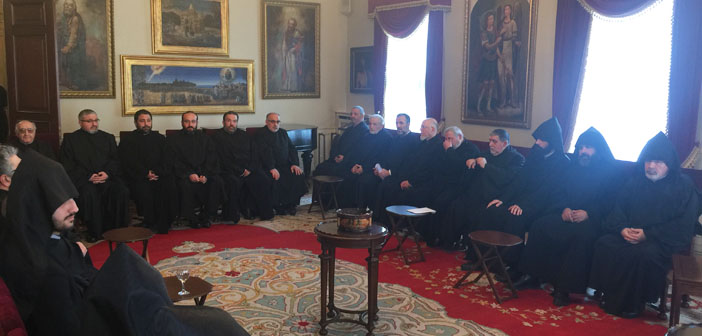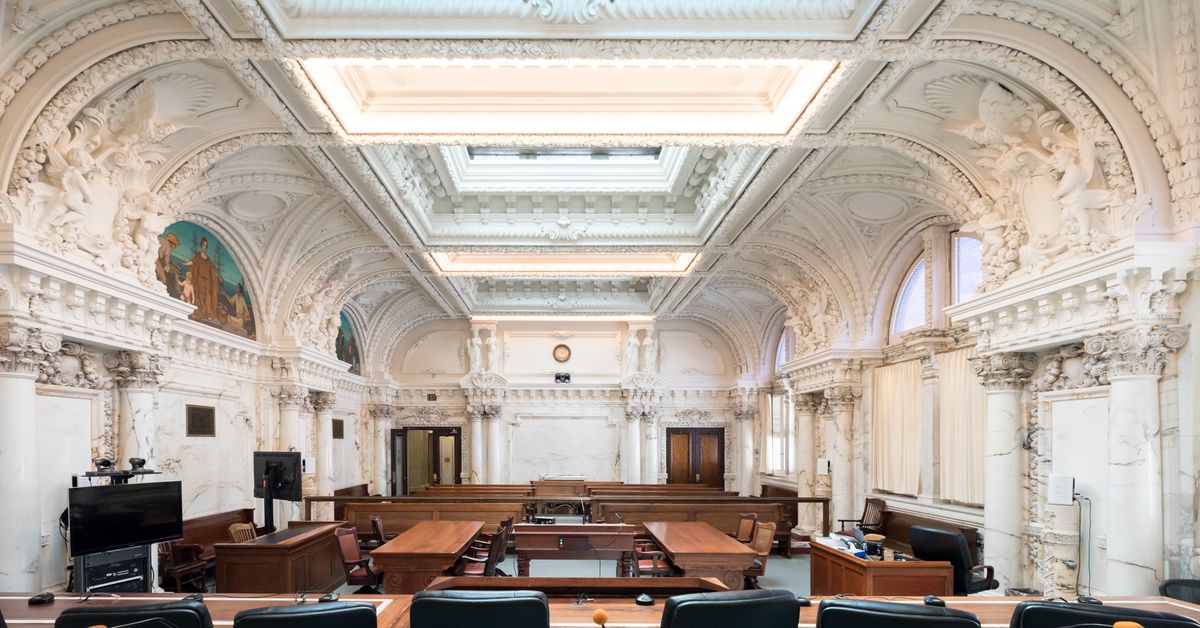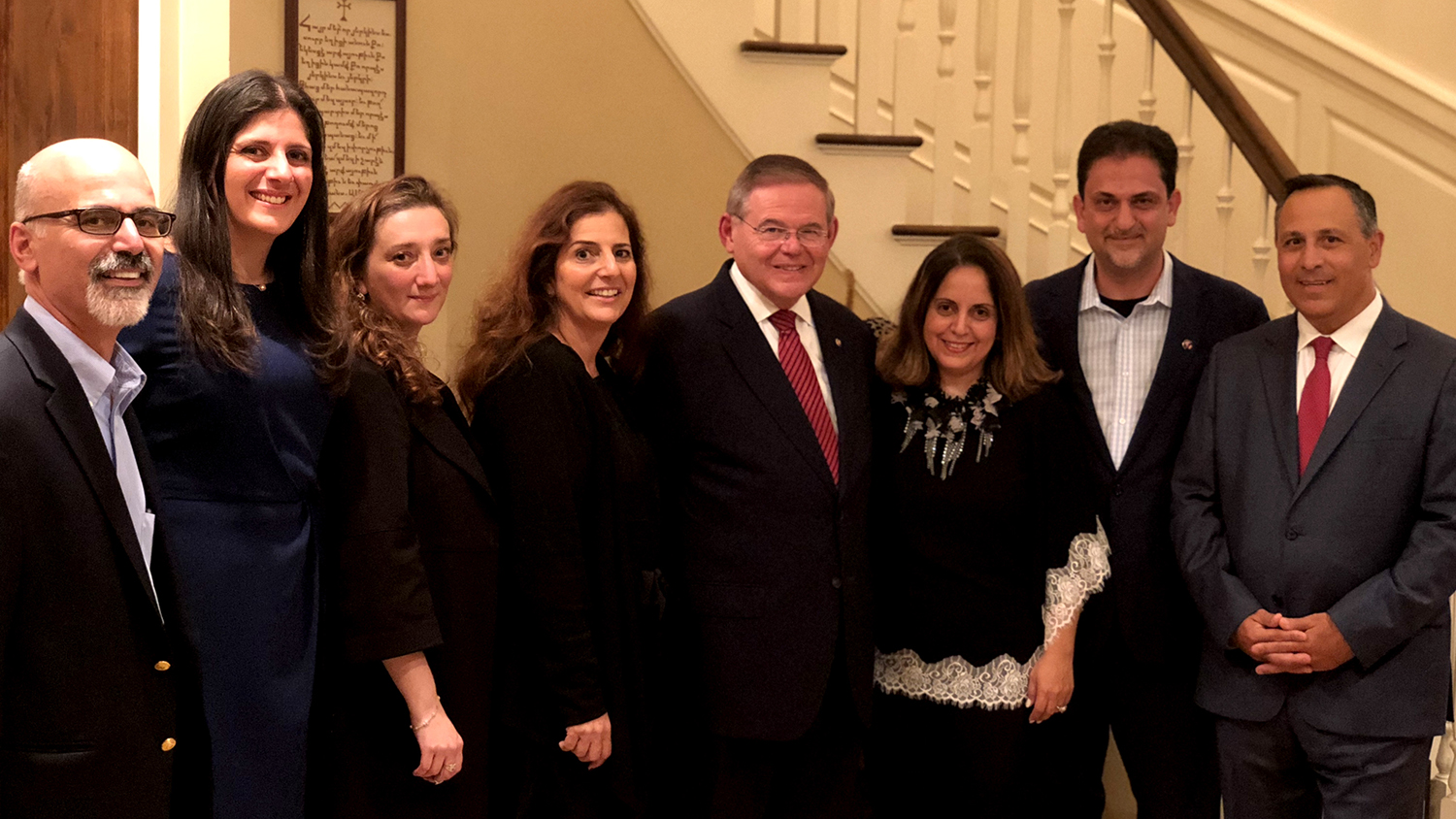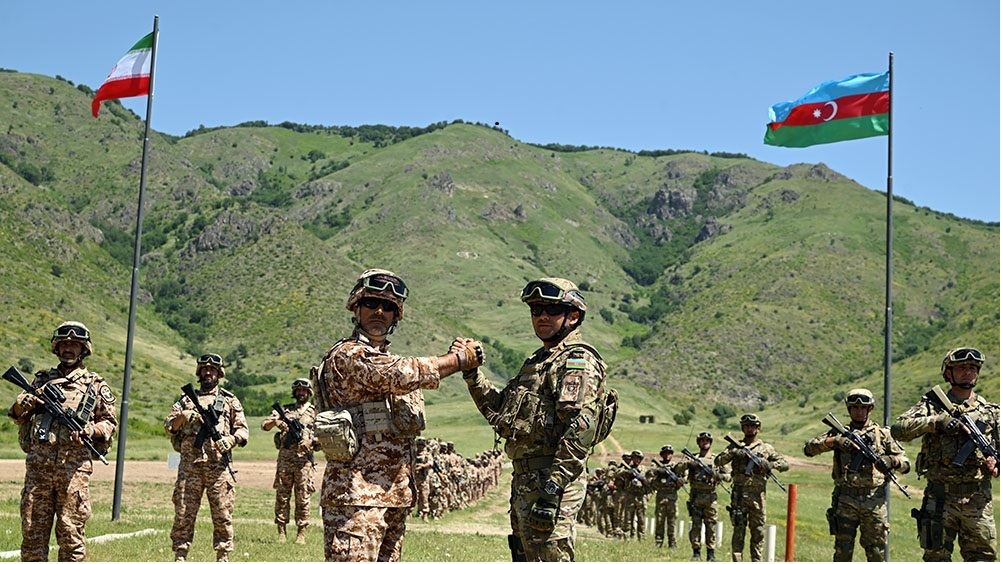As anticipated, Serge Sarkisian won the presidential election in Armenia by receiving 58% of the votes in the first round.
The main reason for Sarkisian’s success is that those who could be serious rivals to him have not participated in the election. Indeed, Levon Ter-Petrosyan, the first President of Armenia, most likely did not stand as candidate in the presidential election under the influence of his party’s failure in the parliamentary elections held 8 months ago. On the other hand, Prosperous Armenia Party leader and wealthy businessman Tsarukyan, who was regarded to certainly stand as candidate due to his party’s great success in the parliamentary elections, declared that he would not run as candidate after meeting with President Sarkisian. There are rumors that he took this decision in order to prevent a prosecution being started against him because of some shady commercial affairs.
Head of the Heritage Party Raffi Hovannisian has come second in the presidential election by receiving 38% of the votes. Notwithstanding that Hovannisian appears to have achieved success in the presidential election, recalling that his party had only received 6% of the votes in the parliamentary elections held in May 2012, it becomes clear that rather than through his own effort, his success was more by default, the result of individuals like Ter-Petrosyan and Tsarukyan not participating in the elections. To what extent Hovannisian will represent the opposition will become clear in the upcoming months.
Compared to former President Robert Kocharyan’s period, it is difficult to consider Serge Sarkisian’s presidency as successful. During Kocharyan’s term, increases in national income had exceeded 10% a number of years. However, during Sarkisian’s term, also due to the effect of world economic crisis, a decrease was observed in national income and economic growth restarted only last year. Furthermore, no progress was made in resolving the problem of poverty and currently 34% of the Armenian population still receives an income below the poverty threshold. Moreover, an increase was seen in the number of emigrants in Armenia to foreign countries for economic reasons. (Since Armenia’s independence, approximately a million individuals, 1/4th of the population, have migrated to foreign countries, particularly to Russia)
Concerning foreign relations, it could also been seen that Sarkisian’s government was less successful in this area compared to the previous period. Not only was there no positive development concerning the issue of Karabakh, but small-scale disputes between the sides increased and the likelihood of a war started being mentioned. On the other hand, despite the objections of the Diaspora, Sarkisian attempted to normalize relations with Turkey. However, when Turkey linked the ratification of the Protocols, signed for this purpose between the two sides, to positive developments to take place towards the settlement of the Karabakh conflict, he opposed this, attempting to change some articles of the Protocols through a decision of the Armenian Constitutional Court and later on, removed these documents from the Armenian Parliament’s agenda. Furthermore, contrary to his predecessors, he wanted the genocide allegations to be recognized by Turkey. Although these extreme acts pleased the Armenian public opinion and the Diaspora, it resulted in Turkey’s borders, much needed particularly for economic reasons, to remain closed.
Time will show what kind of policy Serge Sarkisian, who will occupy the office of president for the next five years, will follow for the settlement of both Armenia’s internal and foreign issues.
© 2009-2025 Center for Eurasian Studies (AVİM) All Rights Reserved
 OUTSIDE INTERVENTION TO THE ELECTION OF THE ARMENIAN PATRIARCH OF ISTANBUL CONTINUES
OUTSIDE INTERVENTION TO THE ELECTION OF THE ARMENIAN PATRIARCH OF ISTANBUL CONTINUES
 BAKALIAN CASE APPEAL HEARING HELD IN CALIFORNIA
BAKALIAN CASE APPEAL HEARING HELD IN CALIFORNIA
 THE NEW US CONGRESS WILL BE UNDER ARMENIAN INFLUENCE
THE NEW US CONGRESS WILL BE UNDER ARMENIAN INFLUENCE
 THIRD LEGAL VICTORY AGAINST ARMENIAN NATIONALISTS IN FRANCE
THIRD LEGAL VICTORY AGAINST ARMENIAN NATIONALISTS IN FRANCE
 A SILENT POWER STRUGGLE CENTERED AROUND THE “ARAS 2025” MILITARY EXERCISE
A SILENT POWER STRUGGLE CENTERED AROUND THE “ARAS 2025” MILITARY EXERCISE




























